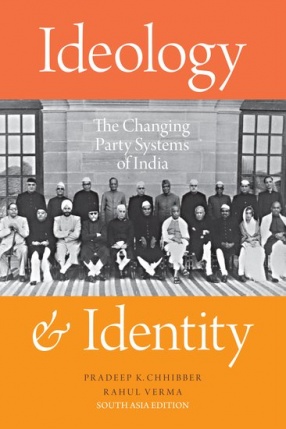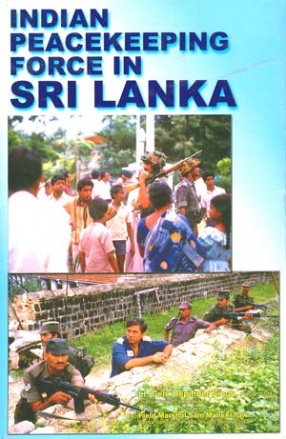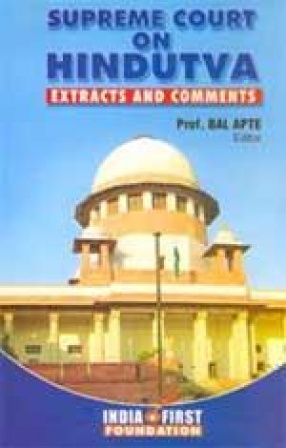Ideology & Identity: The Changing Party Systems of India
Indian party politics, commonly viewed as chaotic, clientelistic, and corrupt, is nevertheless a model for deepening democracy and accommodating diversity. Historically, though, observers have argued that Indian politics is non-ideological in nature. In contrast, Pradeep Chhibber and Rahul Verma contend that the Western European paradigm of "ideology" is not applicable to many contemporary multiethnic countries. In these more diverse states, the most important ideological debates center on statism-the extent to which the state should dominate and regulate society-and recognition-whether and how the state should accommodate various marginalized groups and protect minority rights from majorities. Using survey data from the Indian National Election Studies and evidence from the Constituent Assembly debates, they show how education, the media, and religious practice transmit the competing ideas that lie at the heart of ideological debates in India.
Contents: Introduction: ideology in India's electoral politics. 1. State formation and ideological conflict in multiethnic countries. 2. Ideology, identity, and the 2014 national elections. 3. Intellectual lineages of the politics of statism and recognition. 4. Who opposes reservations and why? 5. The myth of vote buying in India. 6. Transformational leaders and ideological shifts. 7. Transmitting ideology. 8. Statism, recognition and the party system change in India. 9. Ideological challenges and the decline of the congress party. 10. The BJP and an ideological consolidation of the right? Conclusion: ideas, leaders and party systems. Appendix. Bibliography. Index.
Get it now and save 10%
BECOME A MEMBER








Bibliographic information
Rahul Verma